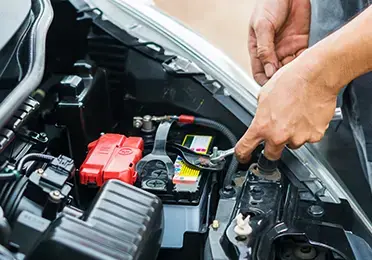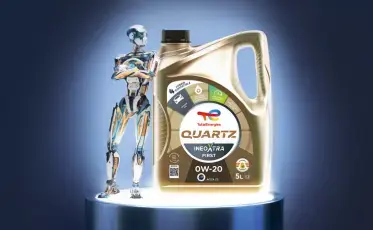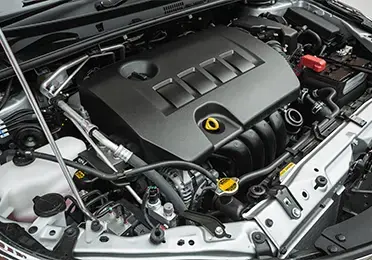ABS (Anti-lock Braking System) is one of the most important safety features in modern vehicles. While it’s now standard equipment in most cars, understanding how it works and when it helps can make a big difference in how effectively you use it.
What Is ABS and How Does It Work?
ABS is an electro-hydraulic system designed to prevent your wheels from locking up during hard braking. When wheels lock, the car loses grip and slides uncontrollably, making it impossible to steer and increasing the stopping distance. ABS prevents this by automatically adjusting brake pressure when sensors detect that a wheel is about to lock, allowing the wheels to keep rotating and maintain traction.
How to Use ABS Correctly
- In emergency situations: Press the brake pedal firmly and continuously.
- Expect vibrations and noise: When ABS activates, you may feel the brake pedal pulsating and hear a loud sound. This is normal and means the system is working.
- Don’t rely on shorter stopping distances: ABS doesn’t always reduce stopping distance. On slippery surfaces like wet asphalt or ice, it can help. But on loose surfaces like deep snow or gravel, it may actually increase it.
Driving in Snow – What You Should Know
ABS performance in snowy conditions depends on several factors:
- Temperature and snow type
- Tire quality and tread
- Vehicle speed
- ABS system design and settings
- Snow depth and road surface
Some vehicles feature “intelligent ABS” that adapts to road conditions, but most modern cars no longer allow manual deactivation of ABS.
What If ABS Fails?
If your dashboard shows an ABS warning light:
- Your car will behave like a vehicle without ABS—you’ll need to manually control braking.
- Don’t delay a visit to the service center. ABS is a critical safety feature and should be repaired promptly.
Final Thoughts
ABS is a valuable tool that enhances safety, especially in critical moments. But it’s not a substitute for careful and responsible driving. Use it as support - not as a safety net. Knowing how ABS works and what its limitations are can help you make smarter decisions when it matters most.

TotalEnergies Service Network

When is the right time to replace your car battery?

5 fluids your car can’t run without

